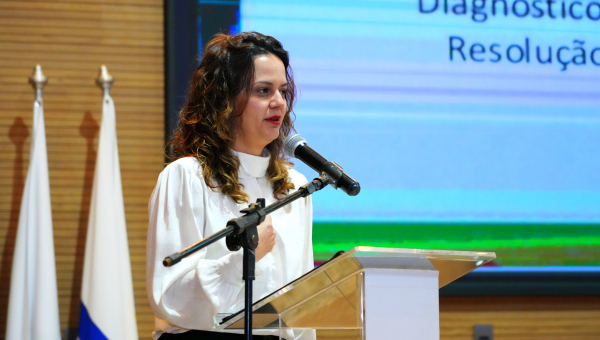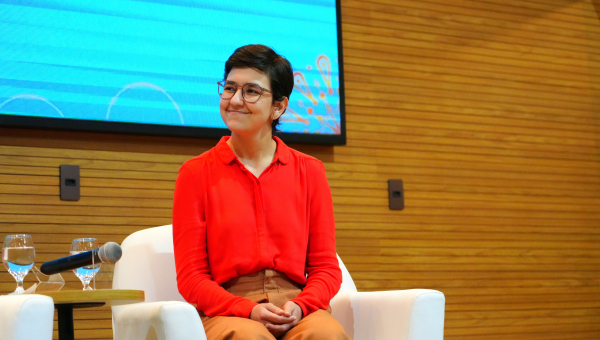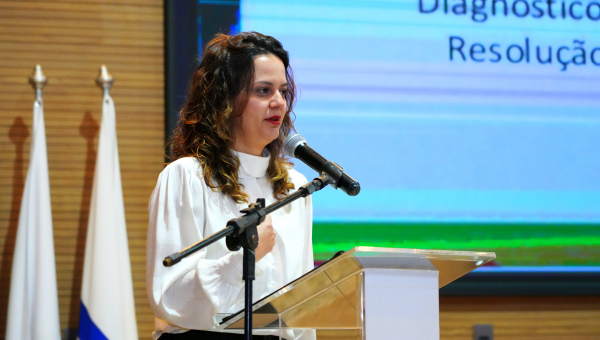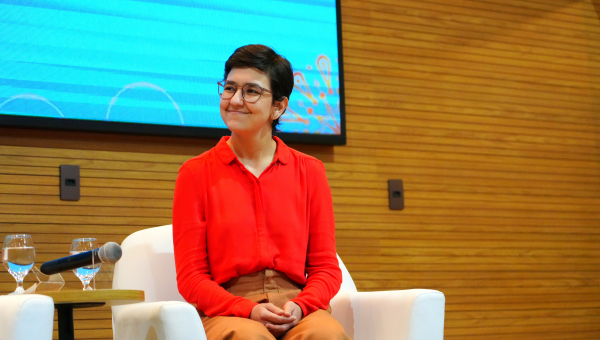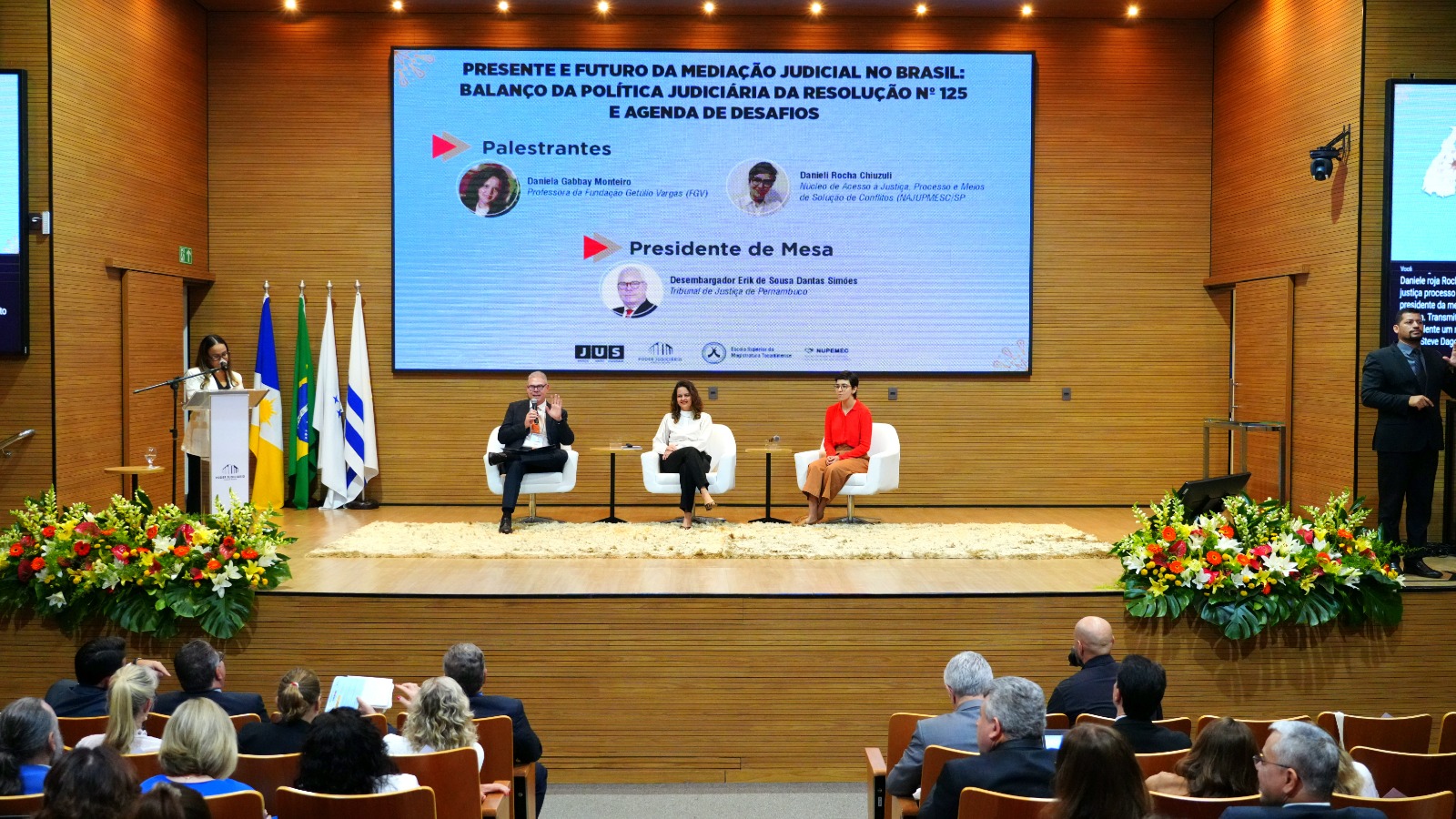
Evaluate the advances, gaps and possible paths of judicial mediation in Brazil. This is the proposal of a research initiated in March this year, which seeks to take stock of the judicial policy implemented from the Resolution no 125/2010, based on an empirical diagnosis and an attentive look at the challenges of this public policy.
The topic was addressed in the lecture on "Present and future of judicial mediation in Brazil", which closed the morning programming this Tuesday (June 17th), during the 17th National Forum on Mediation and Conciliation (Fonamec).
Responsible for the presentation, Professor Daniela Gabbay Monteiro, from the Getúlio Vargas Foundation (FGV) and member of the research team, highlighted that the study is also born from the interest of Fonamec in revisiting this judicial policy with a more critical and mature approach, shedding light on the main challenges faced since its implementation.
“We are looking at data that already exists and also building indicators to evaluate these practices", explained Daniela. "Our starting point is the Resolution 125 of 2010. From there, we are analyzing national data with a quantitative focus and applying questionnaires that will allow us to look qualitatively at regional practices, often with very specific local characteristics", she added.
According to the researcher, the work is currently in the application phase of the forms, with the aim of better understanding the reality of the Judicial Centers for Conflict Resolution and Citizenship (Cejuscs) and the Permanent Centers for Consensual Methods of Conflict Resolution (Nupemecs) throughout the country. The study is expected to be completed in March of 2026.
“Then we will conduct case studies based on specific criteria. I believe that the diversities that exist, the various 'Brasis' within Brazil, are essential to understand these spaces and listen to these experiences", observed Daniela.
Engagement
The executive coordinator of the research, Danieli Rocha Chiuzuli, reinforced the importance of the active participation of the Cejuscs and Nupemecs in the data collection process, especially in filling out the forms.
"Quantitative empirical data often guide public policy choices. Our goal is to go beyond the numbers, reveal these data and seek more precise interpretations on the diagnosis of judicial policy", she said, emphasizing that the answer to the questionnaires is fundamental to ensure consistency and depth of analysis.
At the end of the lecture, the president of Fonamec, Justice Erik de Sousa Dantas Simões (TJPE), who chaired the table, reinforced the call for collaboration. "The participation of all Cejuscs and Nupemecs, in order to provide the correct information and in due time, is fundamental for the elaboration of a deep diagnosis.”




